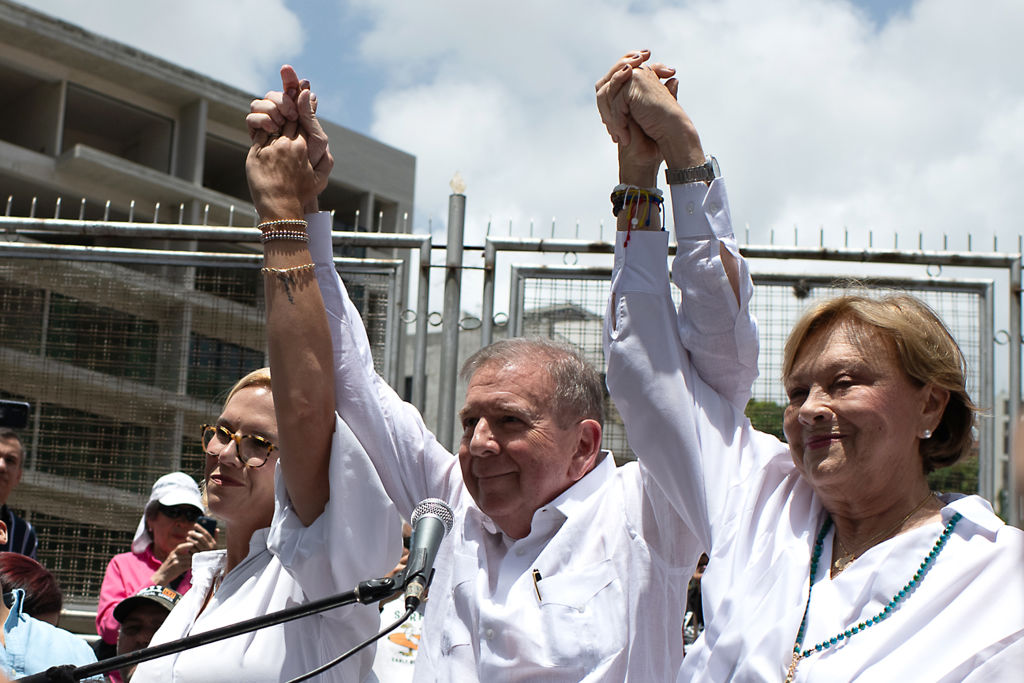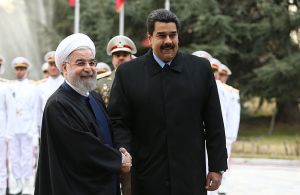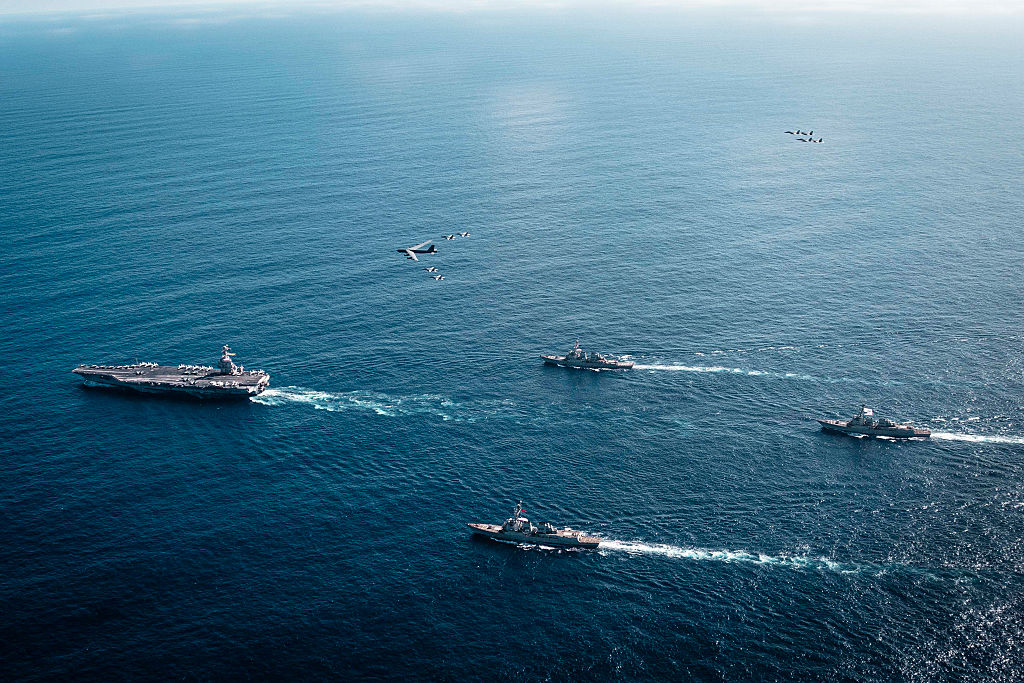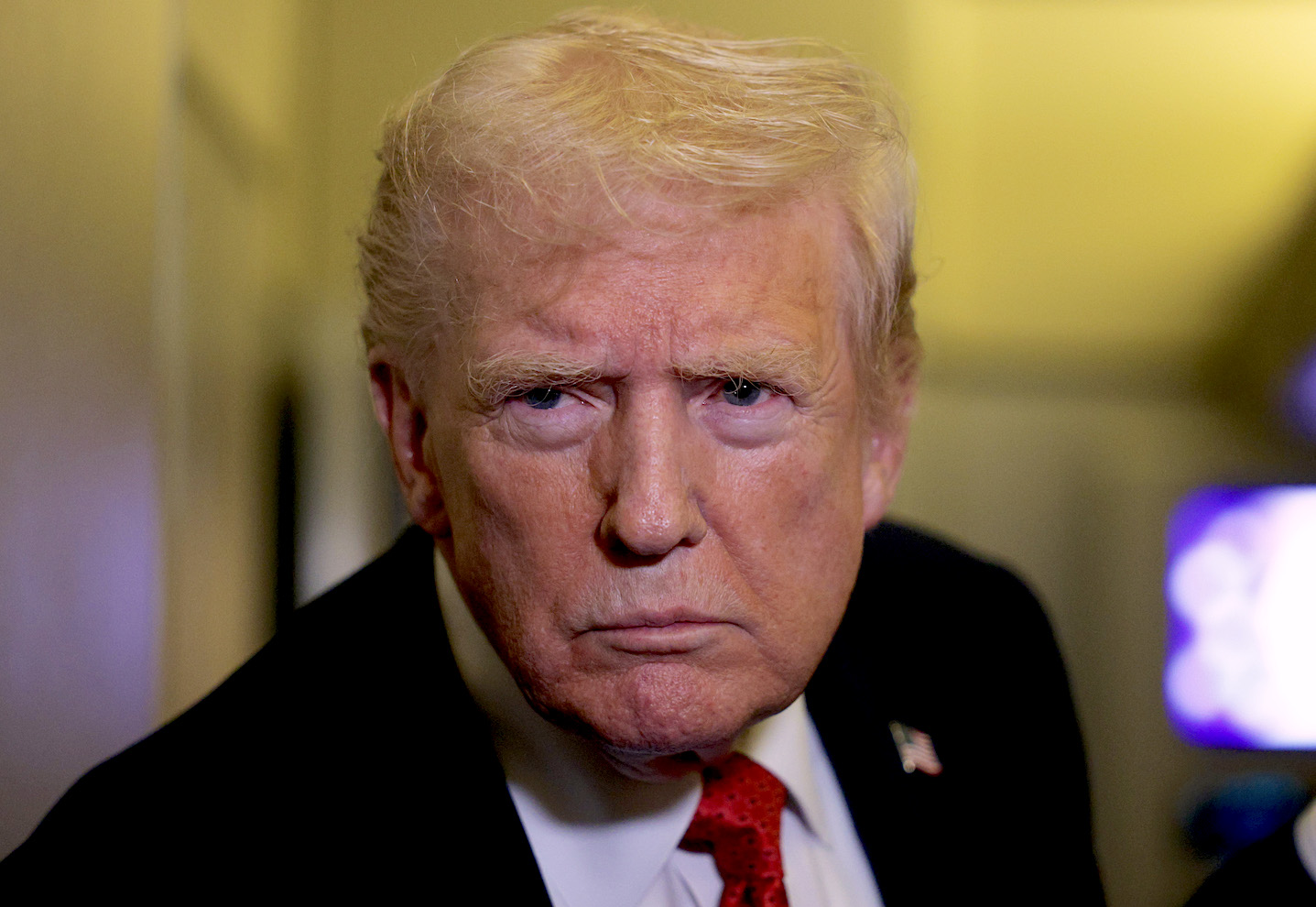Nicolás Maduro’s rival Edmundo González and opposition leader María Corina Machado told reporters at around 6:30 p.m. Monday that with more than 70 percent of votes counted, González is more than doubling Maduro’s votes. During the press conference, both candidates emphasized peaceful protests, especially as thousands began taking to the streets the day before, when the country’s electoral council declared that Maduro had won with 51 percent of the vote. They called on voters to gather at 11 a.m. Tuesday.
“I speak to you with the calmness of the truth,” González said to his cheering supporters from outside his campaign’s headquarters in Caracas. “We have in our hands the tally sheets that demonstrate our categorical and mathematically irreversible victory.”
Many videos depicting violence have been shared in the last twenty-four hours; although we know dozens have been shot and some have been killed, the precise numbers remain unclear.
It has also been difficult to keep track of how many statues have been toppled in what appears to be a citizen-enforced de-Chávez-ification process.
Hugo Chávez, the socialist leader who preceded Maduro, is surely the second-most depicted in statue figure in the country, behind only Simón Bolívar — Venezuela’s independence hero. Some in the college Marxist crowd love the guy, but Venezuelans, especially the poorest, appear to be fed up with the quasi-religious devotion to the man who led the country in its first steps into national decline.
A statue of Chávez was demolished in Calabozo. Another in Los Teques. Another in La Guaira. Another in Las Tejerías. Another in Coro. The one in Margarita Island is being heavily protected by authorities, but people have been attempting to take it down too. A man on a motorcycle paraded the head of Chávez through the streets, to the sound of a cacerolazo (a popular protest practice in Venezuela, where people make lots of noise with pots and pans). Several other videos are making the rounds on Venezuelan Twitter/X, with individuals throughout the country posting the locations of other statues.
For all of the fears, the de-Chávez-ification has brought an enormous amount of energy to a country that has systematically had Chávez policies forced upon it.
Another powerful display has come from protesters putting their bodies in the way of armed individuals outside of the Argentinian embassy in the capital. Following the press conference, Machado’s team did an Instagram Live from inside the embassy, chanting “Libertad!” with their dozens of backers who showed up to confront the armed men.
Maduro expelled the diplomatic mission of Argentina and six other countries on Monday afternoon. For several months, the Argentinian embassy has been home to some of Machado’s top campaign officials, following the regime’s announcement of arrest warrants earlier this year. Argentinian president Javier Milei has, commendably, stepped up as the most ardent supporter of the opposition’s cause. Arguably, protecting dissidents has been a US-led force — but good for Argentina.
As all of this happens, Maduro has been busy portraying the protests as a fascistic attempt to subvert democracy. “We have never been moved by hatred. On the contrary, we have always been victims of the powerful,” he said in a televised celebration. “An attempt is being made to impose a coup d’état in Venezuela again of a fascist and counterrevolutionary nature.”
On the international front, Mexico has joined Xi Jinping, Vladimir Putin and many of the region’s socialists in recognizing Maduro. Mexican president Andrés Manuel López Obrador’s congratulatory message comes at a time when Chilean leftist president Gabriel Boric calls the election a fraud. The region’s left appears fractured as ever, but AMLO aligning himself with the less democratic faction, is indeed a symbolic — and diplomatic — win for Maduro. Colombia and Brazil, Venezuela’s neighbors, also led by leftists, have yet to pick a side. These two have the power to shift the course of events drastically. But with great-power competition — China versus US — making its way into this issue, assessing the posturing has become a complicated exercise.
Whatever happens in the coming days, what’s for certain is that unlike leaders past — Juan Guaidó and Henrique Capriles — Machado shows no signs of wavering, and neither do her supporters. Internationally and domestically, Maduro finds himself in a pickle. If prudence is abandoned, the violence we’ve seen may intensify. No one wants that, but the people sure don’t want Maduro either. After all, he lost in every single state.
Men in uniform have been recorded protesting with their compatriots, chanting with them and calling González their president. Whether this is somewhat reciprocated in the upper ranks isn’t exactly clear. But if it is, and if the world stands ready to do something about it, Maduro could find himself in deep trouble.


























Leave a Reply